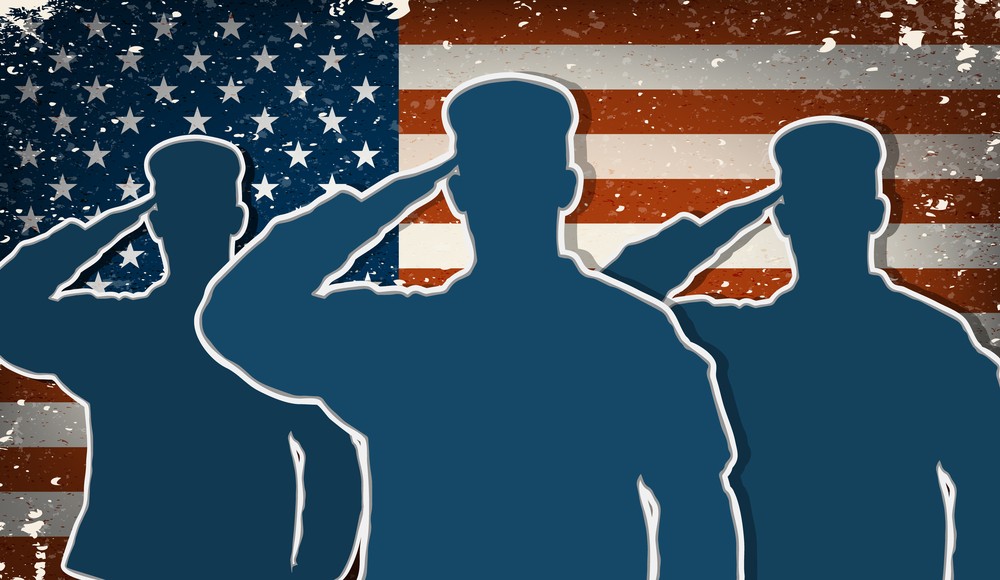All of the freedoms and rights we have as U.S. citizens were defended by veterans, which is why these individuals deserve our support when they undergo treatment for addiction. Their recovery should be a priority for the entire community, not just health care practitioners. There are certain things that you can do to help, even if veterans have not yet entered treatment.
Show Empathy
If you know or suspect that a veteran is coping with pain by using illegal substances, then it’s important to show empathy. Instead of ignoring the problem or being angry at the vet, it is better to talk to him or her about the problem. Opening a dialogue is the start of the healing process, especially when you suggest treatment programs. It doesn’t hurt anyone if you’re proactive in your approach because it will benefit the veteran over the long run.
Be Supportive of Treatment
If you know a veteran contemplating treatment or who is actively in treatment, then supporting that effort should be a priority. That support can mean the difference between a lasting recovery and a relapse. There is no shame in getting help for addiction, and it’s important to let the veteran know that. He or she can regain a normal standard of living if they can make it to a treatment program. Your support can help make that happen by providing the right resources.
Be Forgiving
While it may seem easy to be angry with veterans over their substance use, it’s important not to hold a grudge or resentment. Forgiveness is often the right action to take, especially if the veteran is suffering from mental issues such as PTSD. It’s hard to serve in the military and even harder to be in combat, which is why forgiveness is important for dealing with veterans’ substance abuse.
This Veterans Day, be sure to show your support for all of the veterans in your community, especially those struggling with addiction and recovery. Their well-being should be a point of concern for all U.S. citizens, given the sacrifices that veterans make for the country.

